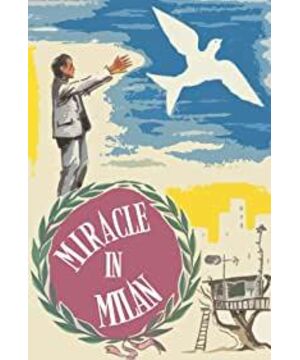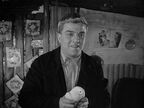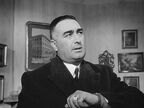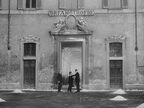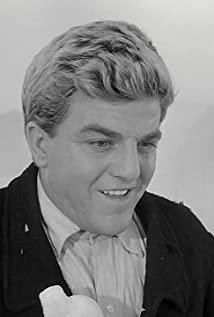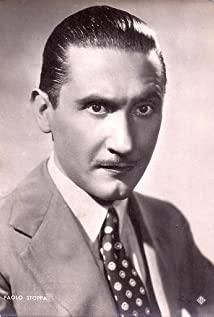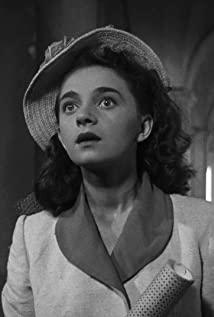The great neo-realist director Desika filmed this fantasy film in 1951 after "The Bike Stealer". It is not a romantic school. Of course, it is a full romantic school in terms of form and content, but its protagonist is still the lowest level in Italy at that time. It reflects their pain and joy, and realized their dreams and vented with movies. Their anger towards the privileged class is a humanitarian ode written by Desika in a romantic way. However, it seems that the director has implicitly expressed the unreality of these fantasies. My favorite shot above may be a metaphor for the director.
The story tells that the orphan Taotao was adopted by an optimistic old woman. After the old woman died, he entered the orphanage. When he grew up, although he had nothing, he inherited the old woman’s optimism, kindness, and helping others. Advantages, soon, he impressed the homeless people in this city with his kindness, and together they chose a place to build a shanty town. But oil was accidentally discovered on this land, so the real estate tycoon tried to drive them away. In an emergency, the old woman's soul appeared and gave Taotao a pigeon that was responsive. Taotao used the pigeon to teach the real estate tycoon, and finally led everyone to heaven.
Due to the technical limitations of the time, many special effects were very crude, but there are two things that can make up for the shortcomings of the special effects and give the movie an indelible brilliance. They are the director's deep humanitarian care from beginning to end, and the perfect inheritance of Chaplin's tearful physical humor. Taotao is the protagonist of the film and a boy with a perfect personality. Although he has nothing, he maintains his dignity and kindness, and teaches others to see the hope of life from poverty. This is the Utopia of Decica. In the difficult years after the war, this utopia must have helped many people regain their courage in life and the confidence to rebuild their homes. Milan in the film is dilapidated and lifeless, but look at Milan today, which has become the pride of Italian football and the center of European fashion. Isn't this a living "Milan miracle"? In the reconstruction of Milan, those builders, laborers, and decision makers, under the leadership of this utopian spirit, have truly built Milan into a paradise. This is the purpose of Desika in the Spirit of Heaven.
Another success of it is that it has inherited Chaplin's fine traditions, allowing humor to flow in the original state of life all the time, and allowing humor to be truly attached to kindness and dignity. For example, the teasing of the police and the irony of the real estate agent in the film have achieved the effect of being noisy, not chaotic, restrained, and pungent. The Palme d’Or was awarded to Cannes comedy movies that did not catch cold. These humorous bridges are very important. Nothing.
Blog: http://www.mtime.com/my/Lyeast/
View more about Miracle in Milan reviews


